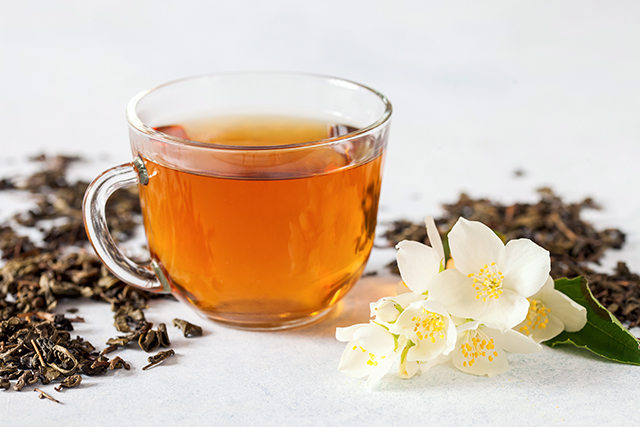Could practicing tai chi improve your driving skills?
03/16/2018 / By Jessica Dolores

Driving a car is a sign of independence. You’re free to hie off wherever you want, when you want it. You don’t wait for someone to take you there. You need not stress yourself as you rush to catch the last train. And you can take as many things with you because you need not share space with a fellow traveler.
No wonder driving has become a favorite activity for many Americans. Over 75 percent of adults have a driver’s license. Forty million of these are aged 65 and above. For them, driving is more than just a means of getting around. It’s a way out of depression.
“Seniors do not want to talk about or think about when they can’t drive,” observes Sandi Rosenbloom, a professor at the University of Texas at Austin. Asked up to what age they will drive solo, Rosenbloom reported that seniors usually said they expect to be behind the wheel for another 10 years.
But driving gets more challenging as people age. Stiff muscles and joints from arthritis may make it hard for them to crane their neck to check for a blind spot. Glaucoma, cataract, and macular degeneration may keep them from seeing the road ahead, especially at night.
Weakness and fatigue can creep in faster and pose dangers to seniors behind the wheel. This is why older adults who want to enjoy the benefits of driving for longer period of time must find ways to stay healthy.
A study from the Shanghai University of Sport found that tai chi, a Chinese form of martial arts which uses slow, rhythmic, deliberate moves geared at promoting peace and calmness, can do the trick. Researchers gathered 52 tai chi practitioners aged 65 and older in middle Tennessee. They were tested for cognitive skills like recall, working memory, planning, visual speed of processing and divided attention, and visual perception and closure.
The power of the elements: Discover Colloidal Silver Mouthwash with quality, natural ingredients like Sangre de Drago sap, black walnut hulls, menthol crystals and more. Zero artificial sweeteners, colors or alcohol. Learn more at the Health Ranger Store and help support this news site.
Researchers also measured the seniors’ leg strength, mobility, and head and neck flexibility. Participants reported their tai chi habits and assessed their driving skills. The length of time participants’ joined tai chi sessions per month was also measured.
Findings showed that tai chi exercises helped participants drive safely by promoting mindfulness and boosting vitality through aerobic exercise.
Tai chi cannot provide all the answers to senior drivers who want to stay behind the wheel for as long as they can. So the researchers recommend safety features like adaptive mirrors to help seniors navigate the road.
Why tai chi?
This form of Chinese martial arts is believed to provide a wide range of benefits to young and old.
Proven advantages include:
- Promotion of balance and prevention of falls — Men aged 65 and above who practiced tai chi for over 10 years did well in tests of balance, flexibility, and cardiovascular function. Tai chi training in women showed better performance in a standard balance test.
- Greater self-confidence — Fear of falling dropped from 56 to 31 percent among seniors who practiced tai chi. A separate study on older adults showed that 54 percent of tai chi practitioners felt more confident because of improved balance.
- Strength and endurance — A study on adults in their 60s and 70s showed that those who did tai chi developed muscle strength and flexibility.
- Aerobic ability — Researchers report that tai chi practitioners were able to take in more oxygen for a healthier heart and lungs in contrast to their sedentary counterparts.
- Improved walking speed — Tai chi practitioners covered more steps than others.
- Stress reduction — Practitioners feel calmer and more at peace.
- Help in Fibromyalgia cases — A study of 39 people with the said condition showed reduced pain, fatigue and tenderness the touch — symptoms of Fibromyalgia — when they performed tai chi twice a week for six weeks. (Related: Tai Chi really works to alleviate fibromyalgia.)
Follow more news on good health practices at Health.news.
Sources include:
Tagged Under: Chinese medicine, driving, driving skills, fitness, geriatric health, healthy aging, martial arts, mind-body exercises, pain relief, seniors, tai chi



















